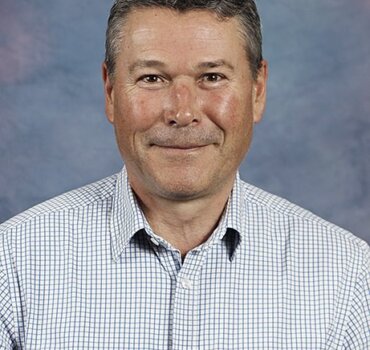
George Reeves

George Reeves
A $15.6 million project being developed at Waikato University promises to slash methane emissions on farms.
Waikato company Ruminant BioTech plans to develop a commercially viable bolus in the next three years.
Chief Executive George Reeves said the bolus has the potential to provide dairy, sheep, and beef farmers with a “set and forget” methane reduction solution.
The Government announced last week it would put $7.8 million into the programme, called Calm – Cut Agricultural Livestock Methane. The company’s investors say they will match that.
The company aims to complete work on the bolus so that it can be on sale in 2025 and last for six months, delivering a 70 percent reduction in ruminant animals’ methane emissions.
Biotech Ruminants, which moved its operations to Waikato University five months ago, says it already has a bolus which provide three months cover – it is now working to double that.
Reeves said the company, which has staff based throughout Waikato, has achieved a significant breakthrough.
It is a potential game-changer as farmers face the challenge of reducing methane emissions to a target of 10 per cent below 2017 levels by 2030.
The methane inhibiter in the bolus is seaweed based.
Seaweed is known to help reduce methane emission from ruminants and it was reported last year that researchers who put a small amount of seaweed into the feed of cattle over five months found they produced 82 per cent less methane.
Reeves said with the project at research and development level, he could not predict the cost of the bolus, but said he had no doubt it would be cost effective.
He said preliminary trials achieved 90 per cent methane emissions reduction over 80 days.
“While these initial results were extremely positive, our goal is to develop a bolus that achieves 70 per cent methane mitigation over six months.
“New Zealand has a unique greenhouse gas emissions profile. Almost 50% of our total GHG comes from agriculture and three quarters of this comes from methane produced by ruminant animals.
He said the government funding would enable the company to accelerate the development of our current bolus for large cattle, while also developing a bolus suitable for smaller cattle and sheep.








